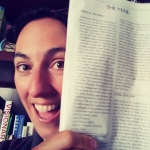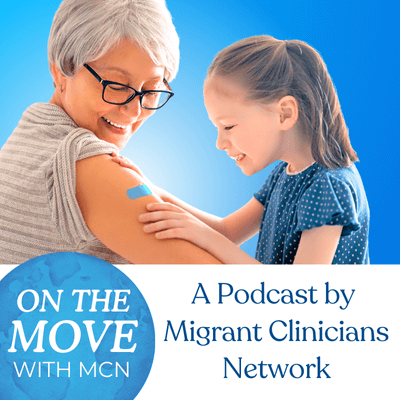In the Field: Frontline Clinicians Recognizing and Managing Pesticide Poisonings in Hawaii

[Editor’s note: Join our April 20, 2017 webinar to learn more about the recognition and management of pesticide poisonings.]
In January 2016, 19 agricultural workers on the Hawaiian island of Kauai re-entered a crop research field owned by seed giant Syngenta Seeds. The field had been recently sprayed with chlorpyrifos, a toxic organophosphate banned for household use but still widely used in agriculture. Ten of the workers became too ill to work, and were transferred to the hospital for treatment. Unfortunately, agricultural workers in the US remain at risk to exposure from pesticides. Clinicians are often poorly equipped and have limited education regarding the recognition and management of pesticide poisonings. However, with sufficient clinician training and support, medical providers can help workers recover, report exposures, provide workers with education on their rights, and help assure that fewer exposures will happen in the future. Last week, through an onsite continuing education training at the Kauai Veterans Memorial Hospital, Migrant Clinicians Network stepped up to ensure that clinicians throughout Kauai including the first responders, hospital clinicians, and the providers at the local health center have the tools, training, and strong networks to effectively address such poisonings, should workers or residents ever be poisoned again.
“It was a real honor to be part of the solution to address the health care needs regarding the recognition and management of pesticide poisonings,” said Amy K. Liebman, MCN’s Director of Environmental and Occupational Health, who organized the training and technical assistance as part of MCN’s environmental and occupational health program, sponsored by the Environmental Protection Agency (EPA).
MCN’s expertise was paired with one of the leading experts on the frontlines of the clinical responses to pesticide poisonings. Joining Liebman and serving as the lead faculty for the training was Jimmy Roberts, MD, MPH, co-author of the EPA’s Recognition and Management of Pesticide Poisonings, 6th Edition (RMPP), the seminal reference guide for clinicians treating a pesticide exposed patient.
Dr. Roberts and Liebman worked with Kauai clinicians to begin to establish a clear and agreed-upon protocol on treatment, data collection, care coordination, and other critical aspects of care during a pesticide poisoning event. The West Kauai Medical Center is now developing a workplan with MCN’s technical assistance to address pesticide exposure concerns, Liebman said.
A second day of training, co-sponsored by the Hawaii Department of Health, the Hawaii Chapter of the American College of Emergency Physicians, and Hawaii Emergency Physicians Associated, brought Liebman and Dr. Roberts to Oahu, to further integrate pesticide awareness and response to all levels of Hawaiian clinicians. “These smaller rural emergency departments are critical for the management of pesticide exposure,” Liebman noted, emphasizing that emergency physicians can improve an exposed worker’s health outcome if properly trained and equipped to recognize and manage pesticide poisoning.
On April 20, 2017, MCN and Dr. Jimmy Roberts are offering a national webinar on the recognition and management of pesticide poisonings. Participants may receive continuing medical or nursing education credits. Learn more and register here.
Learn more about MCN’s environmental and occupational health program here. View online or order a free copy of the EPA book, Recognition and Management of Pesticide Poisonings, 6th edition.
Visit MCN and Farmworker Justice's Pesticide Reporting Map to see state-by-state pesticide regulations and how to report pesticide exposures: https://goo.gl/W6QhZK
Like what you see? Amplify our collective voice with a contribution.
Got some good news to share? Send it to us via email, on Facebook, or on Twitter.
Return to the main blog page or sign up for blog updates here.
- Log in to post comments






